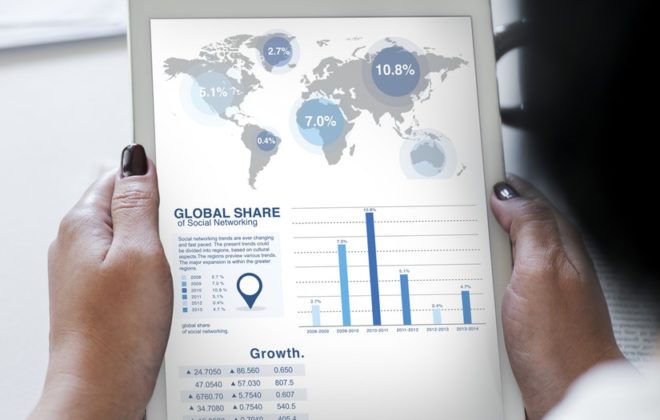Product Recalls: How They Impact Stock Market Value
Product Recalls: How They Impact Stock Market Value – by Chrissy Davidson
Ritz cracker products are currently being recalled over Salmonella concerns: a microorganism that can infect young children, the elderly, and people with weak immune systems, sometimes resulting in death. But, product recalls aren’t just a cause of concern for consumers, investors also worry about taking a financial hit. While you may be compelled to immediately sell your stock, it can often pay to take a rational look at the situation. Maybe the recall signifies larger, underlying issues within the company and you are better off selling. Other times, however, the impact on stock market value may be temporary and short-term. You may be better off sitting tight or adding stock to your position.
Impact on stock market value
In the short-term, product recalls will typically result in a decrease in stock market value. Take this well-known Kraft case as an example. Back in 2011, Kraft had to recall roughly 137, 000 cases of its Velveeta Shells & Cheese single-serve cups found to contain pieces of wire bristle. The stock market value dipped by 2% for just a few days, but recovered a few weeks later. Similarly, Toyota recently experienced a 20% dip in stock following product recall only to have it bounce back in the long term.
Long-term effects
If shareholders and customers lose confidence in a company, stock prices can plummet for longer periods of time. For example, in 2007, Hasbro had to recall one million Easy-Bake Ovens due to a defect that caused serious safety issues, including burning and other injuries. As a result, the share price continuously dipped for months afterwards and took a full year to recover. Repeated product recalls from the same company can also influence stock value — but maybe not how you would expect. It’s how the company dealt with the past recall that impacts how investors adjust firm valuations following a current one.
“When a firm efficiently follows the protocols for managing a recall event and establishes clear communication channels with stakeholders, it sends a good signal to the stock market, and investors appear to be more comfortable that another recall is not as major of a threat as is the first recall in recent history”, a study by Utah State University reveals. So, if a company has dealt well with a past recall, stockholders tend to remain confident.
Bottom line?
Stock market value takes a short-term hit following product recall. However, any long-term decreases in sales or stock prices are usually unrelated. Ultimately, investors largely determine stock health from operating cash flow, revenue, and earnings per share.


